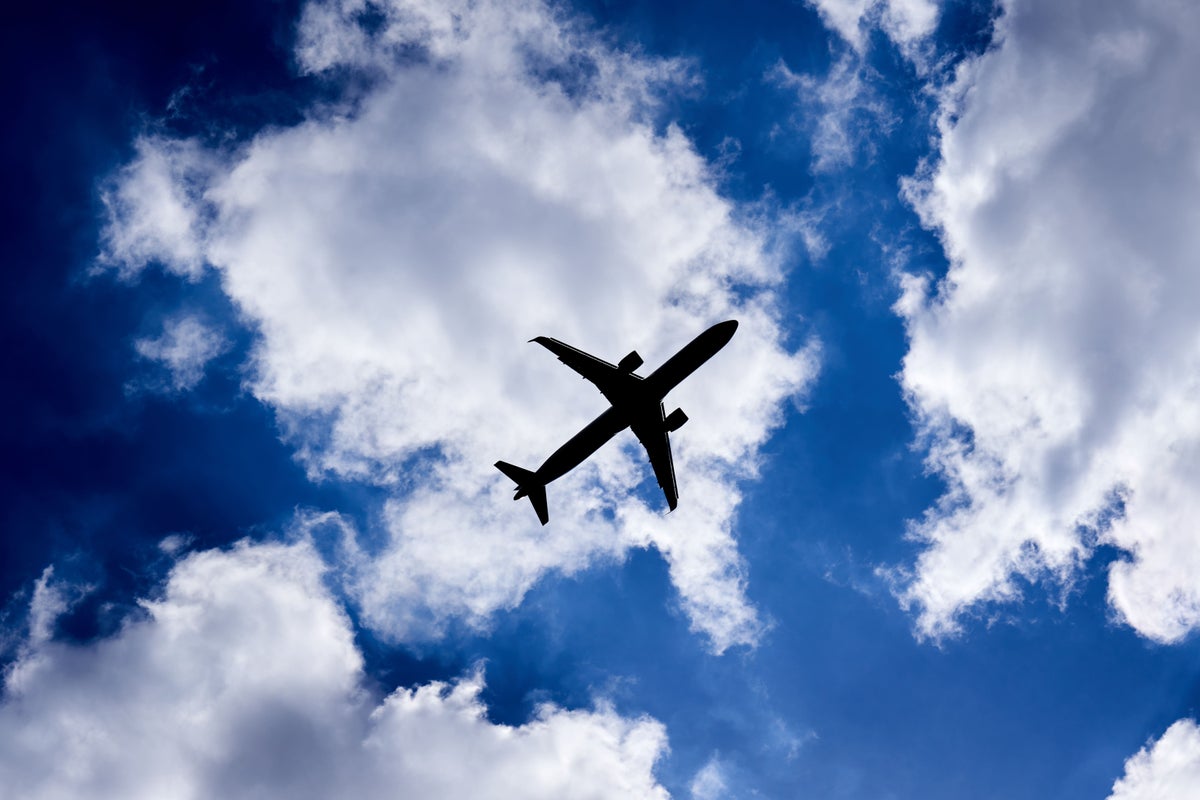
Passengers could be set to pay a third more to travel by train than by plane in the UK from 1 April, according to new research.
A study conducted by Which? links the impending decrease in Airport Passenger Duty (APD) on UK domestic flights to a wider price gap emerging between the two modes of travel.
The consumer champion used Skyscanner and Trainline to analyse train and plane routes over the Easter weekend across 10 popular UK routes, and found that rail tickets were 35 per cent more expensive on average.
At the most dramatic end of the price gap scale, a ticket from Edinburgh to Bournemouth came out as 239 per cent more expensive when travelling by train compared to by plane.
The cheapest return rail fare found for this route cost £127, compared to £38 for a return flight.
The APD cut takes effect from the beginning of April and will see the current £13 charge be more than halved to £6.50.
As a result, there is an incentive for airlines to add further domestic routes to their schedules and persuade passengers to switch from rail to air travel.
Ryanair boss Michael O’Leary recently said this APD decrease “has allowed Ryanair to add more domestic routes to our UK schedule.”
Public transport campaigners and environmentalists have raised concerns about the increase in emissions caused by passengers swapping train travel for carbon-heavy flights.
Which? found that a flight on the Edinburgh to Bournemouth route emits around 218kg of CO2 per person on board, 131 per cent more than the equivalent rail journey.
According to climate organisation Atmosfair, the routes responsible for the most CO2 pollution per person when travelling by plane are Bristol to Aberdeen (351kg), Edinburgh to Newquay (319kg) and London to Inverness (306kg).
This research also highlights that when travelling from Newcastle to Southampton, 275 per cent more carbon emissions are produced when travelling by plane rather than train.
However, this journey was one of three out of the 10 routes analysed that was cheaper when conducted by train. The return ticket Which? found was £107 when using split tickets, in comparison to a £175 plane ticket for the same journey. The return train route takes 11 hours in total, four times more than the equivalent flight time.
The other two journeys which cost less when completed by rail over the Easter break were from Edinburgh to Newquay and from Bristol to Aberdeen.
While a return train fare from Edinburgh to Newquay was 13 per cent cheaper than the air travel equivalent, this journey would be seven times longer, taking just over 22 hours in total.
Travelling by rail from Bristol to Aberdeen was 21 per cent cheaper than travelling by plane, but was found to take six times longer: 18.5 hours in total for a return journey by train.
Which? Travel Editor Rory Boland said: “As travellers become increasingly concerned about the environmental impact of their journeys, many face a difficult trade off between the price of their ticket and the cost to the planet, with just three out of 10 journeys we looked at working out cheaper by rail.
“For those who prefer to travel by train, there are steps you can take to cut costs. Take the time to compare dates and times to see if cheaper fares are available, and look into what railcards you might be eligible for, as these can save you up to a third of the ticket price. You may be able to make further savings by checking if split-ticketing is an option on your chosen route.”







